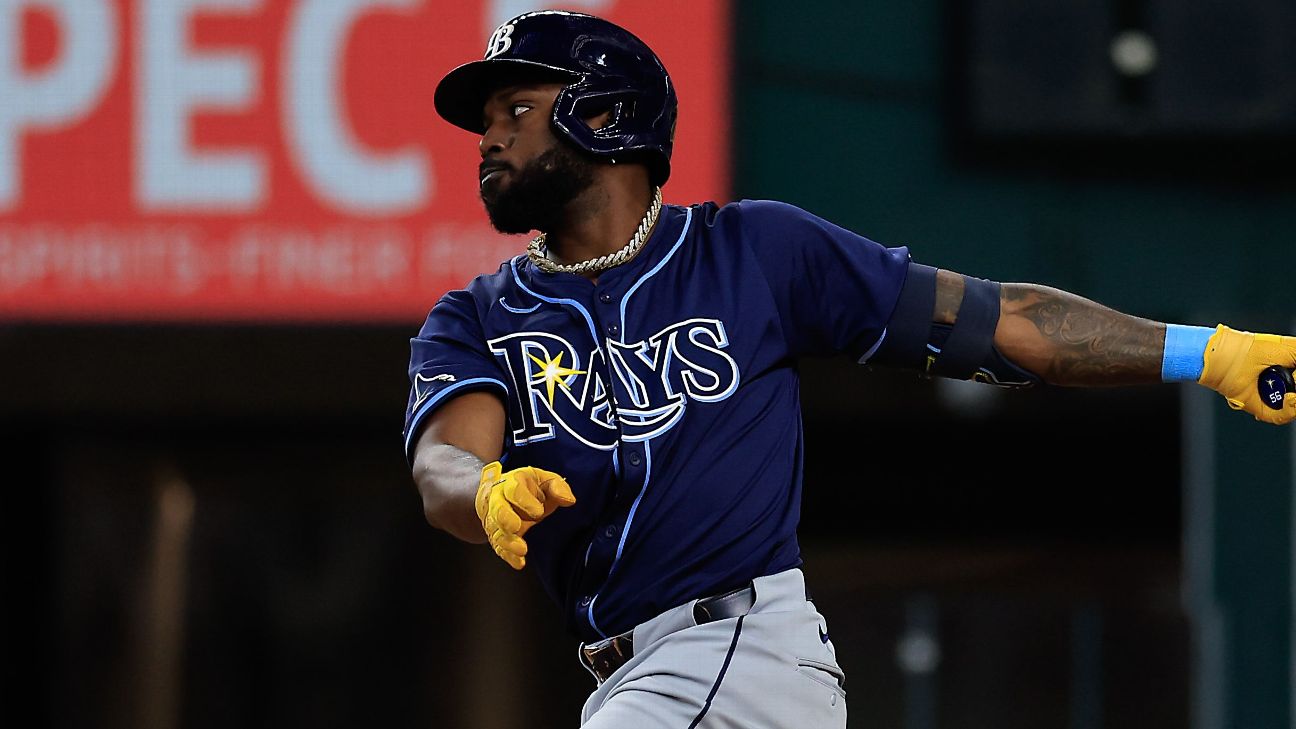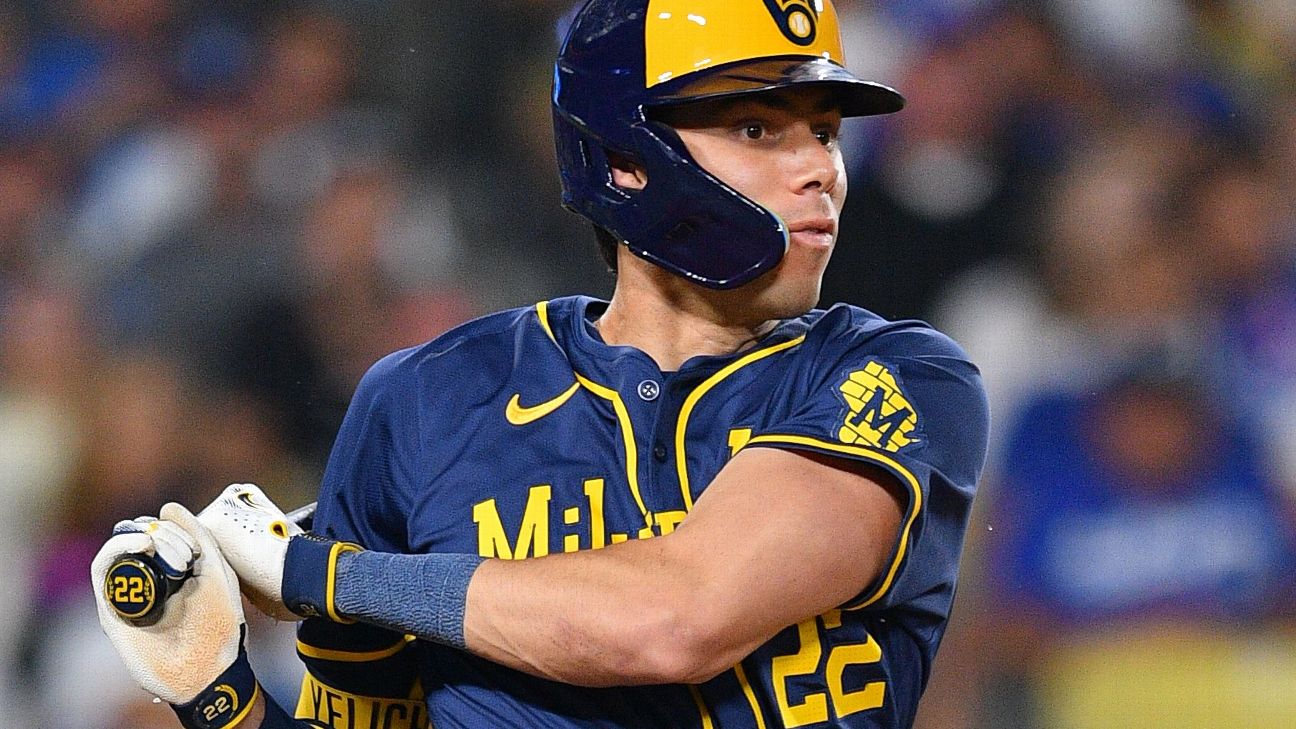Author Ron Rapoport reveals hidden side of Ernie Banks in new book

CHICAGO (WLS) -- Ernie Banks, "Mr Cub," was the most beloved player in history of the Chicago Cubs franchise.
He was known for his sunny disposition, but his public display of good cheer was also a mask that hid a deeply conflicted, melancholy, and often lonely man.
Ron Rapoport, former columnist for the Chicago Sun-Times, has authored a revealing new book about Banks, "Let's Play Two: The Legend of Mr. Cub, the Life of Ernie Banks."
WATCH: Full interview with author Ron Rapoport

Banks was a son of Dallas, but after starting in the Negro Leagues, the Cubs became his destiny and Chicago, his hometown.
"Between 1955 and 1960, Ernie was the most productive power hitter in baseball, " Rapoport said. "He hit more home runs in those six season than Willie Mays, Mickey Mantle, Henry Aaron, everybody else baseball."
Banks may have integrated the Cubs, but he steered clear of the Civil Rights Movement of the era.
"If you look at Ernie, leading by example, not talking about it, just doing it, you can see that he played his role," he explained. "And then Jesse Jackson said, 'We knew Ernie Banks before we knew Martin Luther King.'"
The legendary Leo Durocher was known for saying "Nice Guys Finish Last."
When he managed the Cubs starting in 1966, he was a massive storm cloud for "Mr. Sunshine."
"Leo hated Ernie, hated him from the minute he got to town," Rapoport said. "For one reason, Ernie was bigger than he was, and Leo couldn't stand him, so Leo went out of his way to humiliate him in public.
Ernie, whose teammates loved him adored him respected him would look around and see his teammates looking at him with pity in their eyes, I mean it hurt him terribly."
A heartbreak of Ernie's life was the 1969 season, his best chance to play in the World Series.
"He finally admitted later it was a hole in his life, and it's also a hole in how he's remembered," Rapoport said.
Banks died just a year and a half before the Cubs finally won it all.
"My hope is that I'm painting this balanced portrait, getting behind the mask that he kept us all at bay with that we can come to an understanding of Ernie's problems, difficulties as well as the great joy he gave us all - and have more of a rounded feeling of him and admire him even more," he said.








